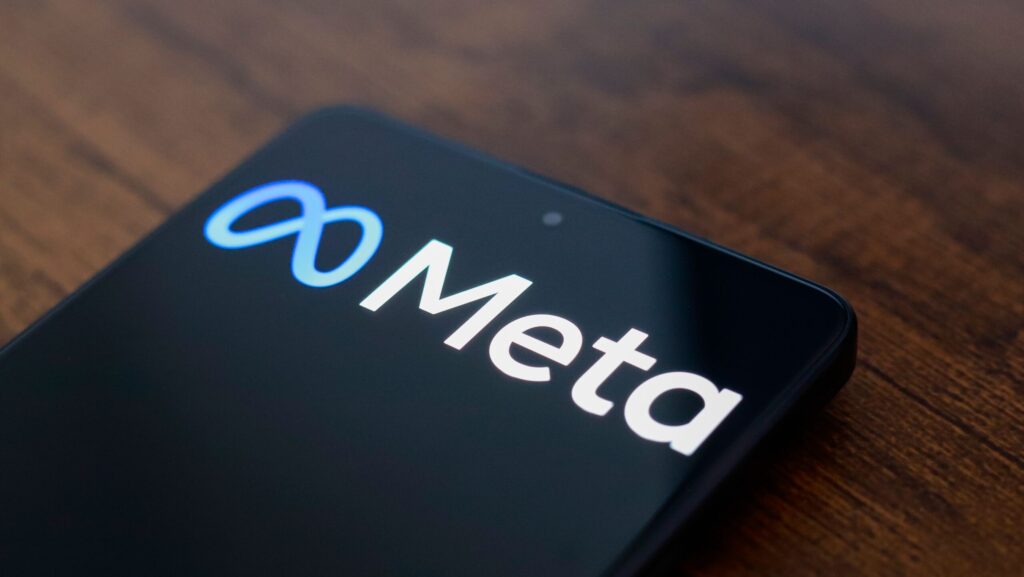Summary:
-
Meta to comply with European DMA by integrating third-party apps into WhatsApp and Messenger over the next few years.
-
The company outlined plans for third-party messaging app support, including group chat, voice, video calling, and rich messaging features.
-
Meta will implement an onboarding process for users to choose how third-party messages are integrated, prioritizing a secure user experience.
Meta announced plans on Friday, September 6, to comply with the European Digital Markets Act (DMA) by allowing third-party apps to connect with its messaging platforms, WhatsApp and Messenger. The company revealed its roadmap for integrating these third-party services over the next few years.
In a blog post, Meta outlined how it will implement the DMA’s requirements, which aim to enhance competition in digital marketplaces by promoting interoperability between different messaging services. According to the company, WhatsApp and Messenger will soon support third-party messaging apps, enabling users to interact across platforms more seamlessly.
Meta detailed its strategy for meeting the DMA’s interoperability mandate. Starting in 2025, Meta plans to introduce group chat functionality for third-party integrations. By 2027, it will expand this to include voice and video calling features. Additionally, Meta intends to incorporate “rich messaging” features—such as message reactions, direct replies, typing indicators, and read receipts—into WhatsApp and Messenger at an unspecified future date.
To facilitate these changes, Meta will implement a new onboarding process for WhatsApp and Messenger users. This process will provide information about third-party messaging services and offer options to enable or disable these integrations. Users will have the choice to organize third-party messages into a designated folder or merge them with their primary inbox.
The company emphasized its commitment to maintaining a secure user experience while collaborating with third-party messaging services. “We will keep collaborating with third-party messaging services in order to provide the safest and best experience,” Meta wrote in its blog post. “Users will start to see the third-party chat option when a third-party messaging service has built, tested, and launched the necessary technology to make the feature a positive and secure user experience.”
Despite these advancements, the integration of third-party apps into WhatsApp and Messenger faces several challenges. It remains uncertain whether major messaging competitors like Viber and Telegram will support these interoperability features. Additionally, the requirement for end-to-end encryption could present technical obstacles. Meta also mandates that companies sign agreements—details of which have not been disclosed—before integrating with its systems.
ADVERTISEMENT
Matthew Hodgson, founder of the open-source messaging protocol Matrix, highlighted in a recent talk that Matrix will work with WhatsApp on an experimental basis, while ensuring end-to-end encryption remains intact.
While Meta is taking steps to comply with the DMA’s messaging-related provisions, the company has faced criticism for alleged violations of other aspects of the legislation. This summer, the European Commission criticized Meta’s “pay or consent” advertising model, which offers EU users of Facebook and Instagram a choice between a paid, ad-free version or a free, ad-supported version. The Commission contends that this model does not fully comply with the DMA’s requirements.
As Meta moves forward with its plans to enhance interoperability and meet regulatory demands, the rollout of these new features will be closely watched by users and industry observers alike.









